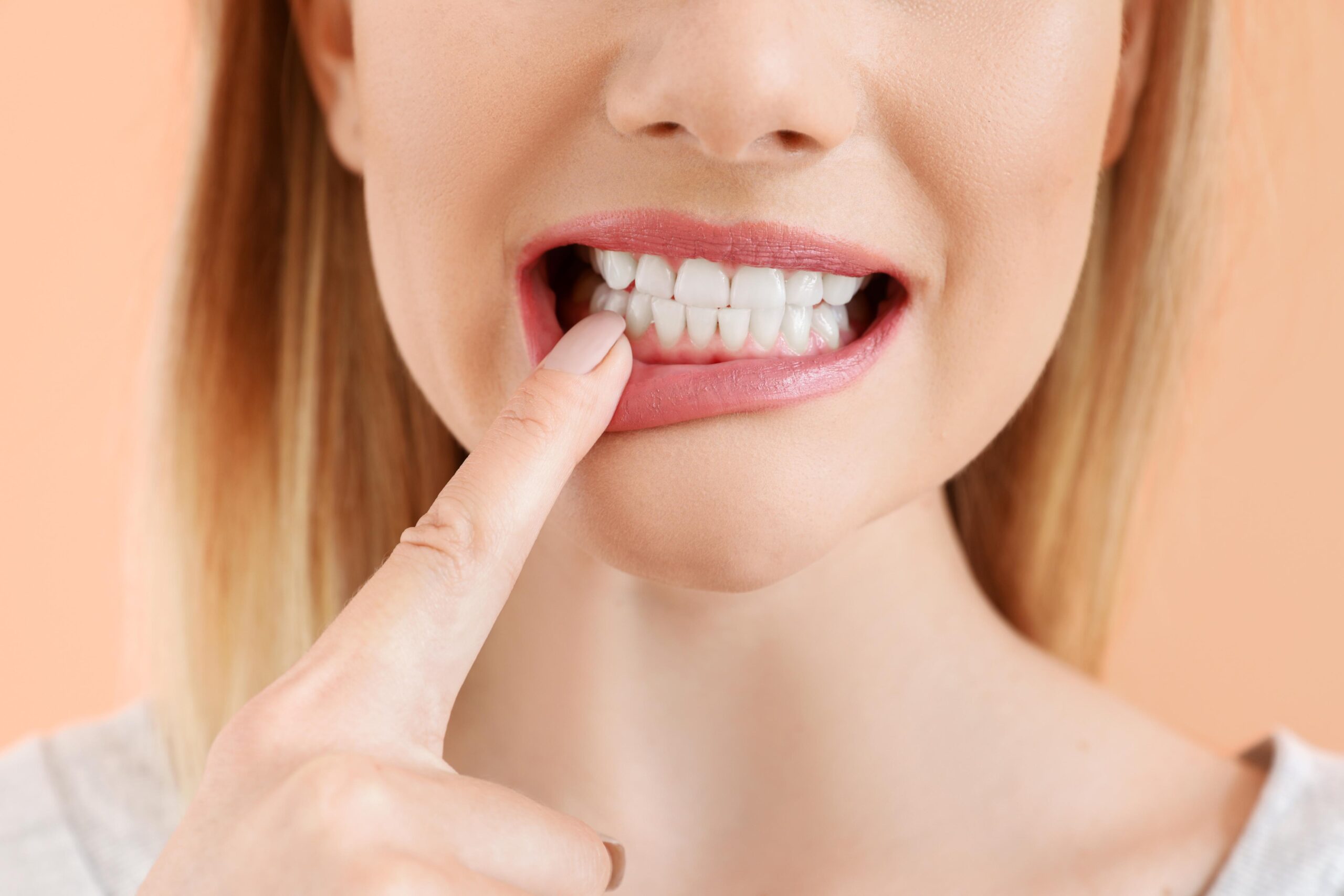Gingivitis gum recession are common oral health issues that can lead to serious complications if not addressed promptly. Gingivitis, the inflammation of the gums, is often the precursor to gum disease and can result in gum recession, where the gum tissue surrounding the teeth wears away. Fortunately, there are natural ways to address these conditions and promote healthy gums. Here’s a comprehensive guide to stopping gingivitis and preventing gum recession naturally.
Understanding Gingivitis and Gum Recession
Gingivitis is caused by plaque buildup on teeth. Plaque, a sticky film of bacteria, irritates the gums, leading to redness, swelling, and bleeding. If untreated, it can progress to periodontitis, a more severe form of gum disease.
Gum recession occurs when the gum tissue pulls away from the teeth, exposing the roots. This condition can result from poor oral hygiene, aggressive brushing, smoking, or even genetics.
Signs and Symptoms
Gingivitis:
- Red or swollen gums
- Bleeding while brushing or flossing
- Persistent bad breath
Gum Recession:
- Sensitivity to hot or cold
- Teeth appearing longer than usual
- Exposed tooth roots
Natural Ways to Stop Gingivitis
- Improve Oral Hygiene
- Brush twice daily using a soft-bristled toothbrush and fluoride-free toothpaste.
- Floss daily to remove plaque and food particles between teeth.
- Use a tongue scraper to reduce bacteria in the mouth.
- Oil Pulling
- Swish a tablespoon of coconut or sesame oil in your mouth for 15-20 minutes.
- Oil pulling can reduce harmful bacteria, improve gum health, and freshen breath.
- Saltwater Rinse
- Mix half a teaspoon of salt in a glass of warm water.
- Rinse your mouth twice daily to soothe inflamed gums and reduce bacteria.
- Herbal Remedies
- Aloe Vera Gel: Apply directly to inflamed gums for its anti-inflammatory properties.
- Green Tea: Drink daily or use as a rinse. Its antioxidants can help reduce inflammation and strengthen gums.
- Eat a Balanced Diet
- Include foods rich in vitamins C and D, calcium, and omega-3 fatty acids.
- Leafy greens, nuts, seeds, and fatty fish can promote oral health and combat inflammation.
Natural Ways to Prevent Gum Recession
- Gentle Brushing Technique
- Use a soft-bristled toothbrush and gentle, circular motions.
- Avoid aggressive brushing, which can erode gum tissue.
- Stay Hydrated
- Drink plenty of water to keep your mouth moist and wash away food particles.
- Chew sugar-free gum to stimulate saliva production, which protects against gum disease.
- Use Natural Mouthwash
- Combine essential oils like tea tree, peppermint, and clove with water.
- Use this mixture as a mouthwash to combat bacteria and soothe gums.
- Avoid Tobacco Products
- Smoking and chewing tobacco contribute to gum disease and tissue damage.
- Quitting these habits can significantly improve gum health.
- Massage Your Gums
- Gently massage your gums with your fingers to improve blood circulation and stimulate healing.
Holistic Lifestyle Changes
- Manage Stress
- Stress can weaken your immune system and exacerbate gum problems.
- Practice yoga, meditation, or deep breathing exercises to reduce stress levels.
- Regular Exercise
- Physical activity boosts overall health, including oral health, by improving blood circulation.
- Prioritize Sleep
- Adequate rest allows your body to repair and regenerate tissues, including gums.
When to Seek Professional Help
While natural remedies are effective, severe cases of gingivitis and gum recession may require professional intervention. Consult a dentist if you notice:
- Persistent gum bleeding
- Severe gum recession
- Loose teeth or changes in your bite
Dental treatments like scaling and root planing, gum grafting, or laser therapy may be necessary to restore gum health.
Conclusion
Stopping gingivitis gum recession naturally is possible with consistent oral hygiene, a balanced diet, and holistic lifestyle changes. Incorporating natural remedies like oil pulling, herbal rinses, and gum massages into your routine can significantly enhance gum health. Remember, the key to healthy gums lies in prevention and early intervention. By taking proactive steps today, you can protect your smile for years to come.


